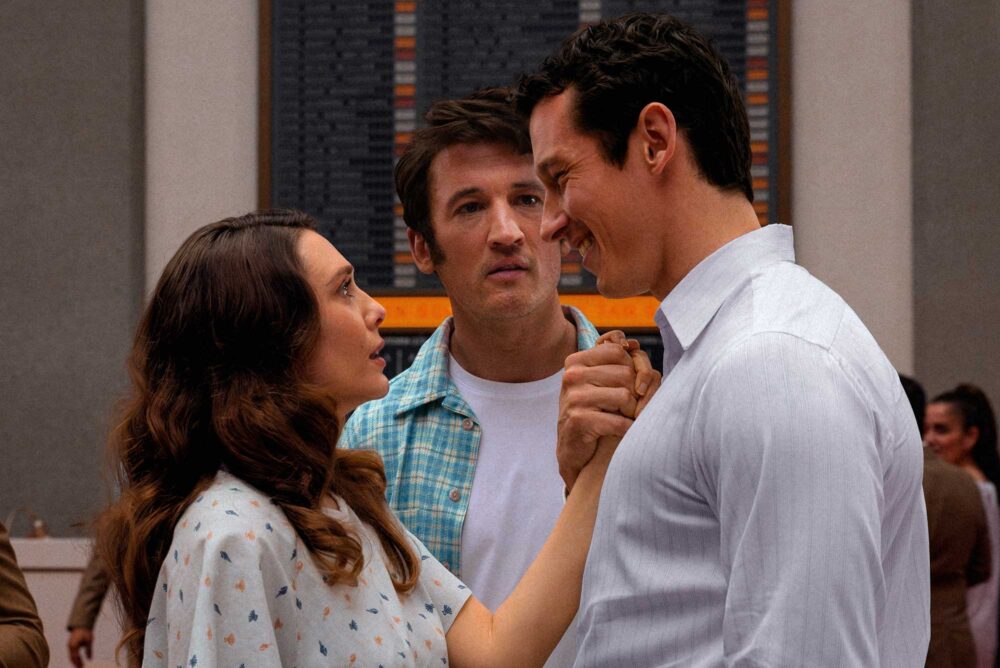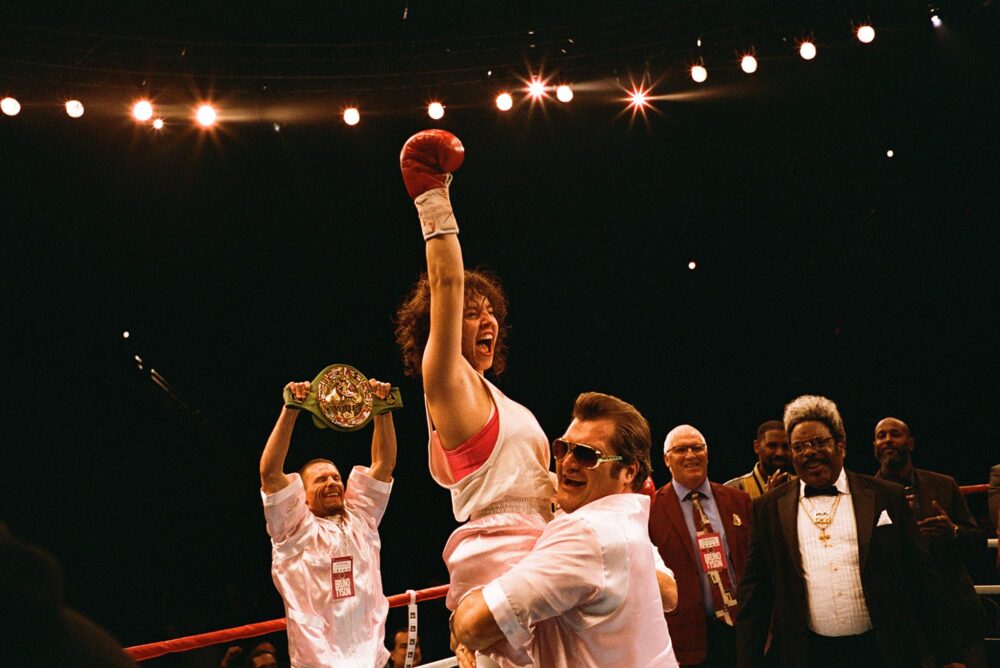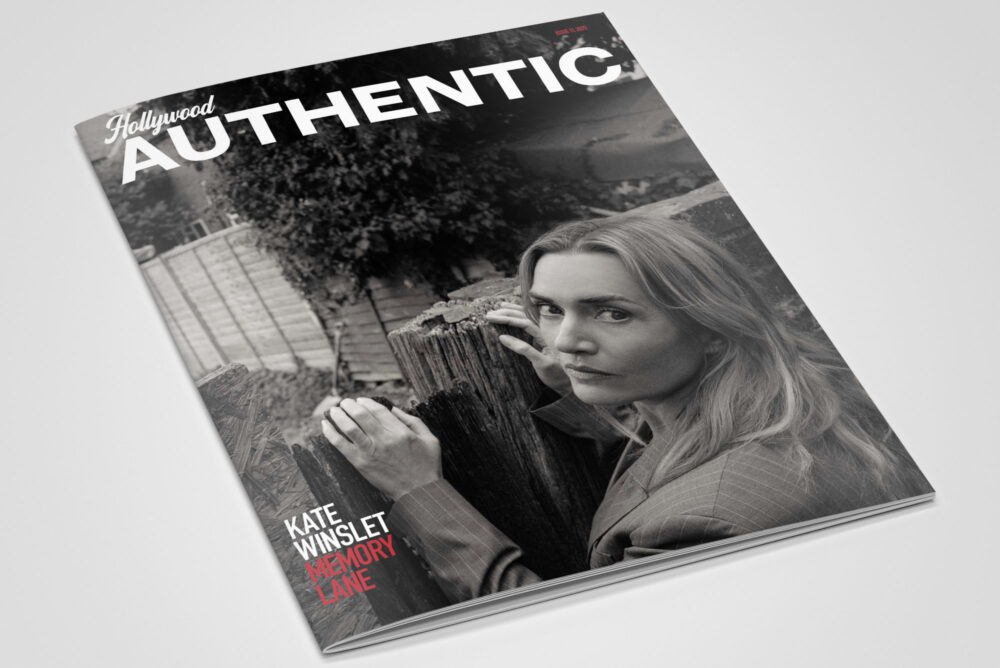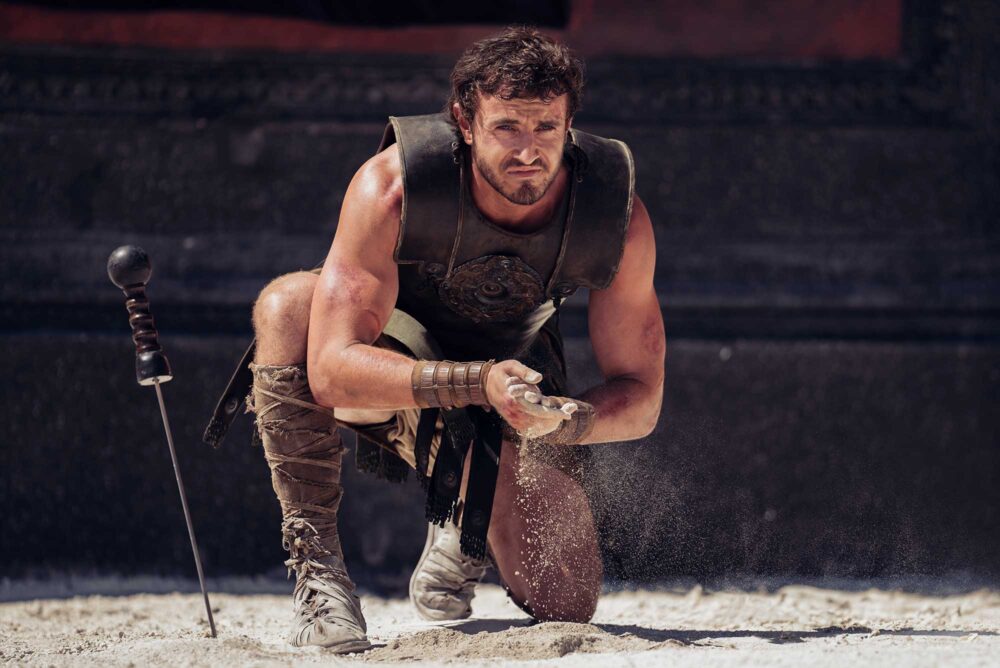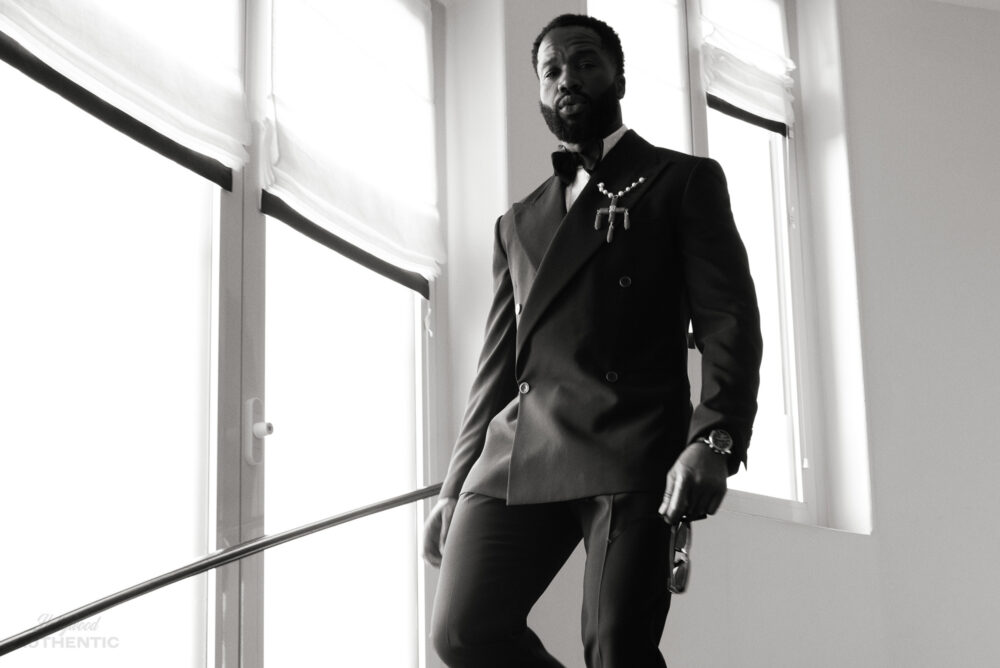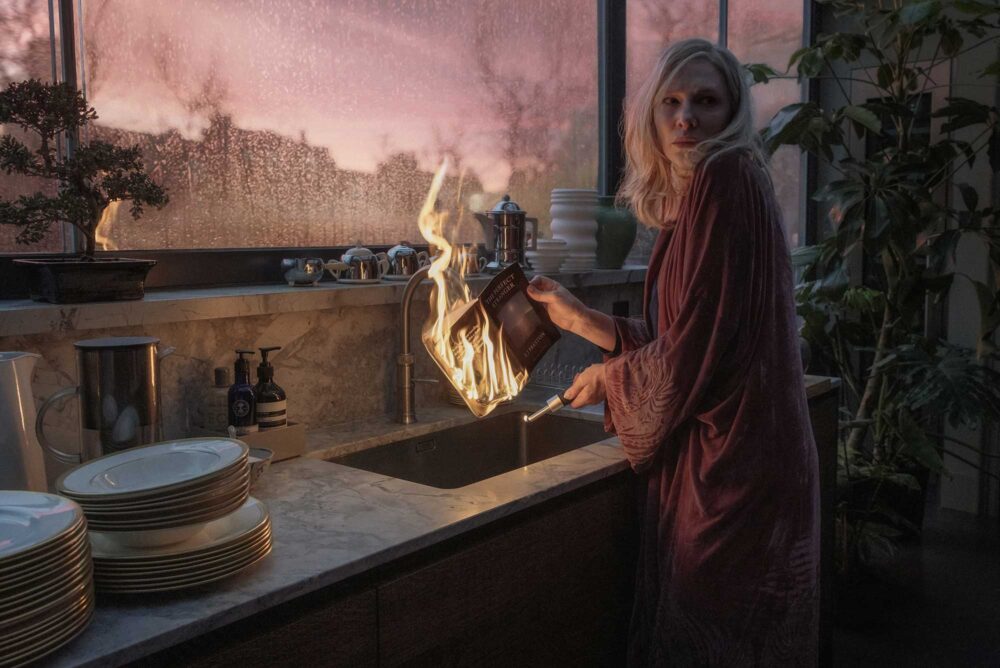
Words by JANE CROWTHER
Parthenope is the occasional moniker of Naples after the same-named siren in Greek mythology threw herself in the sea to drown to stop herself from luring Ulysses, and washed up on the shores of the city – beloved home of Paolo Sorrentino. It’s also the name given to the protagonist of his latest love letter to his hometown, a girl born in Neopolitan waters who grows to be such a beauty that no man is immune to her, including her brother (Chalamet-esqe Daniele Rienzo). Charting her education – romantic, sexual and academic – from bikini-clad teen ingénue in 1968 to her retirement as a beloved colleague and mentor in 2023, Parthenope explores ideas of the burden of beauty, male entitlement, female empowerment and well, just how damn gorgeous Naples and Capri are. Along the way, ‘Parthé’ experiences different types of male attention; lethally enmeshed, lecherous, worshipful, possessive, nurturing, transgressive, as well as various versions of female agency and disenfranchisement.

Sorrentino has always created beautiful tableaux and his lens makes both the azure seas and faded splendour of Naples and Celeste Dalla Porta as Parthenope a visual treat. Fully embracing the power of her attractiveness, the 18-year-old emerges from the sea to smoke a cigarette and bats away suitors with her wit. She is, after all, not just a pretty face. A straight-A student in anthropology, Parthenope meets two formative men during her late teens – alcoholic, melancholic novelist, John Cheever, who cries for the beauty in the world and gently rebuffs her (Gary Oldman, wonderful in a matter of minutes); and her grumpy uni professor (Silvio Orlando) who only ever engages with her brain. But a family tragedy sends her spiralling, making her unsure of how to direct the power she holds…
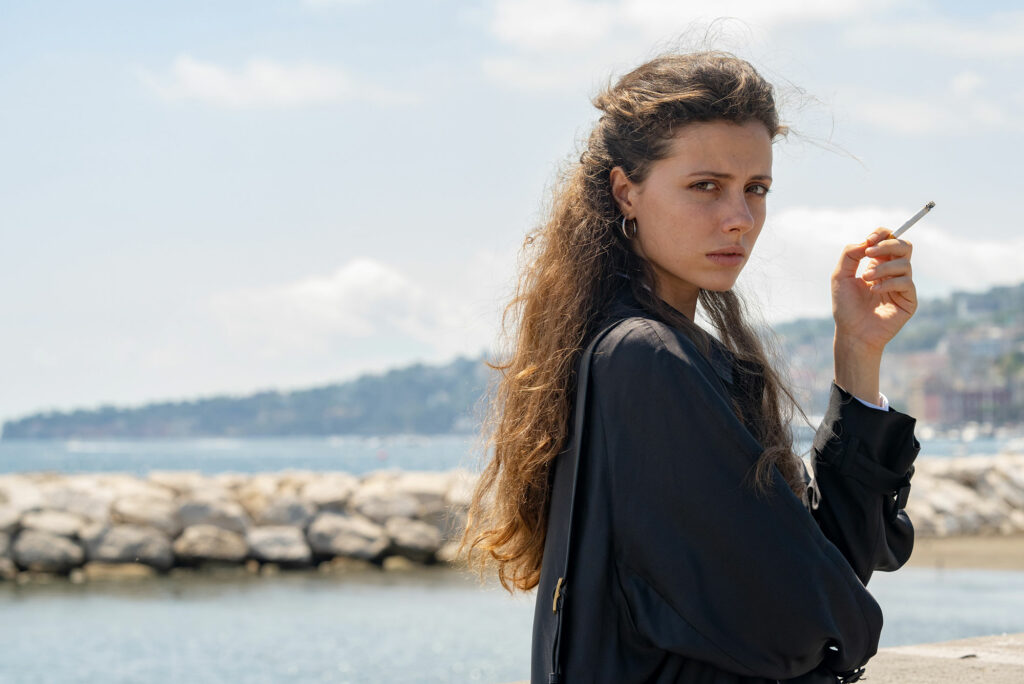
Sorrentino has great fun unpicking the dirty-gorgeous character of Naples (football, religion, a superstar actress based on Sophia Loren) as well as the directionlessness of girlhood. And though some of Parthenope’s decisions seem to play into the very male gaze and misogyny the director initially appears to be examining (a church-set sex scene featuring speedos and religious treasures may test some viewers), Parthenope, with some fourth wall breaking, ultimately asks audiences to question their own relationship to aesthetics and youth. The question she asks a perving older family friend at the start of the film is silently asked again by the end; would Parthenope still be so attractive to men if she were 40 years older? And speaking of aesthetics, be warned, it’s impossible to watch and not want to immediately book a plane to Naples…
Paolo Sorrentino’s Parthenope starring Celeste Dalla Porta, Gary Oldman, Silvio Orlando and Daniele Rienzo is screening at the 77th Cannes Film Festival and will release in cinemas TBC

